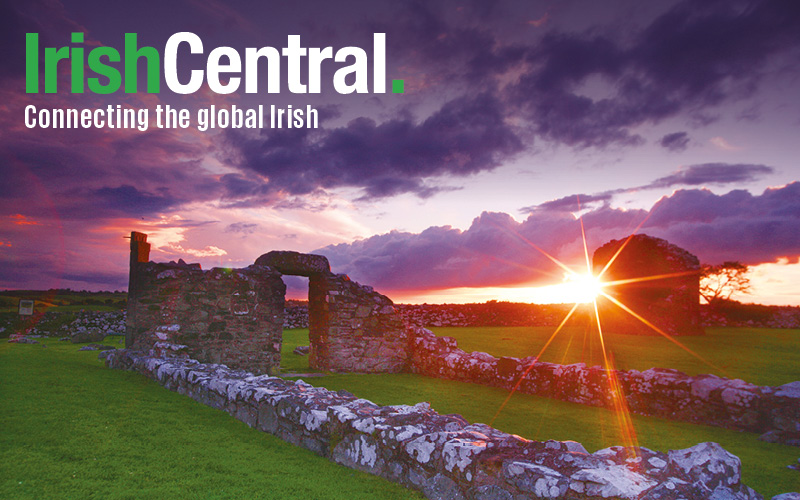When you live though a war you carry the memory of it with you. You don’t get a say in whether you will or not.
The memory of conflict -- all the sorrow, the fear and the fury -- is usually as indelible as a tattoo, a permanent pigmentation.
Ask the people of Aleppo or Baghdad, or just ask anyone from the North. We’ve all seen innocent men and women shot dead on their doorsteps. We’ve seen children who never harmed anyone blow up by dissident bombs.
You can’t live through days like that and not be altered by them somehow. To go on you need what the psychologists call a guiding principle, a destination and a set of ethics to guide your footsteps when the darkness really falls. For many of us that guiding principle was always the United States.
In the darkest years of The Troubles we thought of America as a beacon, a place of sanctuary and sanity, a nation completely at odds with the carefully gerrymandered gulag that was Northern Ireland, a forward looking nation so different from our own faltering Republic.
I personally wanted to escape all the watchtowers and the hovering helicopters and the ominous checkpoints that all screamed war. In particular I wanted to escape the ubiquitous militarism, the macho gun waving culture of soldiers and policemen and the sectarian hoods that guarded one side as they menaced the other.
All of those men walked through the streets with a swagger that said we own them, we own the future and we own you. If you didn’t like it, well, you knew what you could do.
The crown forces would pull you over on dark, deserted roads at night. They would appear whenever and wherever they liked without warning. One wrong word and it was back to the barracks or worse.
They liked to keep us on a tight leash. They liked to remind us who was boss.
For decades their avowed leader was a world-class blustering bigot, a bible quoting demagogue to end them all, one who disparaged not just our politics but also our religious faith, and he did so for four decades without ceasing. He never lit the match himself, but he inflamed all who heard him into fury.
When I finally arrived to study in America in the mid-1990s, I was grateful for the chance to create a new life for myself away from the shadows of that past, in a country that offered me the opportunities (and the dignity) that my homeland did not.
I felt genuinely free for the first time ever. Free of the guns and watchtowers, free of hardheaded bigots and their stranglehold on my future. I felt free to make myself up, free to pursue a future of my own making, free to be who I was on my own terms.
I lived in New York City through 9/11. In that time I have seen the militarism I escaped slowly creeping onto America’s streets.
It started off simply enough with the helmets and shields appearing at Iraq war protests, but since then armored cars have appeared, hovering helicopters have taken reconnaissance, and a new aggressive style of policing has arrived with it (backed up by the enhanced surveillance techniques made possible by new technologies).
These changes from beat cop to robocop sometimes make officers feel more like an occupying force than paid public servants. In particular the so called stop and frisks, which are clear violation of the Fourth Amendment, give police greater power than a magistrate and take a step towards totalitarianism.
If the police can stop you because they don’t like how you look then there is no such thing as a sovereign citizen. You can be searched at their discretion. They’re the law and you’re under them.
It’s a technique of a police state in a supposed democracy. War conditions keep coming to America and we barely even notice. But frisking people on demand is un-American, and it’s ineffective.
Former NYPD Commissioner Bill Bratton has warned of a “war on cops” and Donald Trump has done likewise, but 2015 saw the second lowest number of murdered cops in decades. So we actually just need to build on that progress.
A militarized police force and a Donald Trump presidency would only make things worse, not better. Think very carefully about which America you want to live in.




Comments